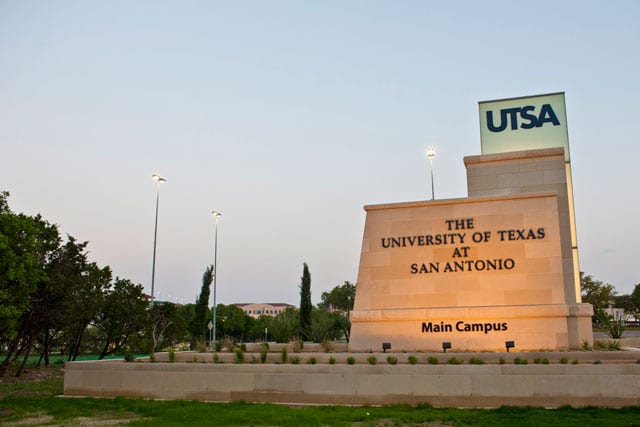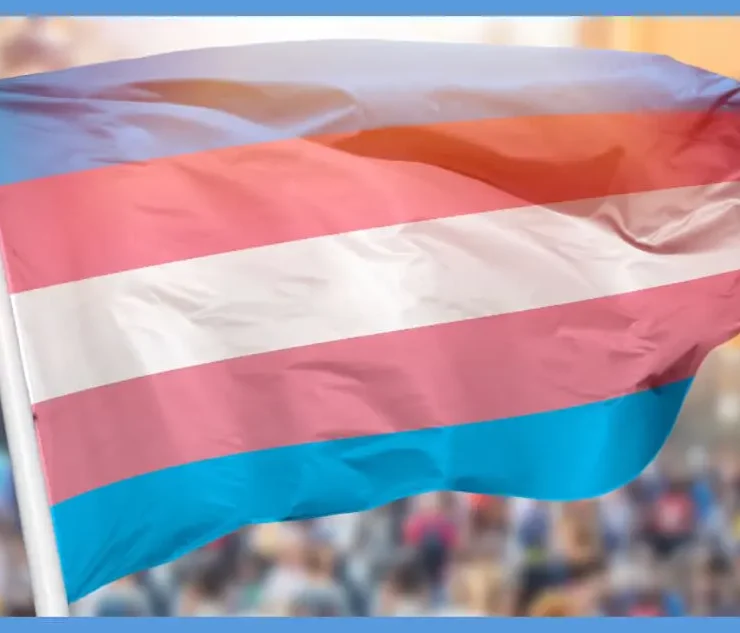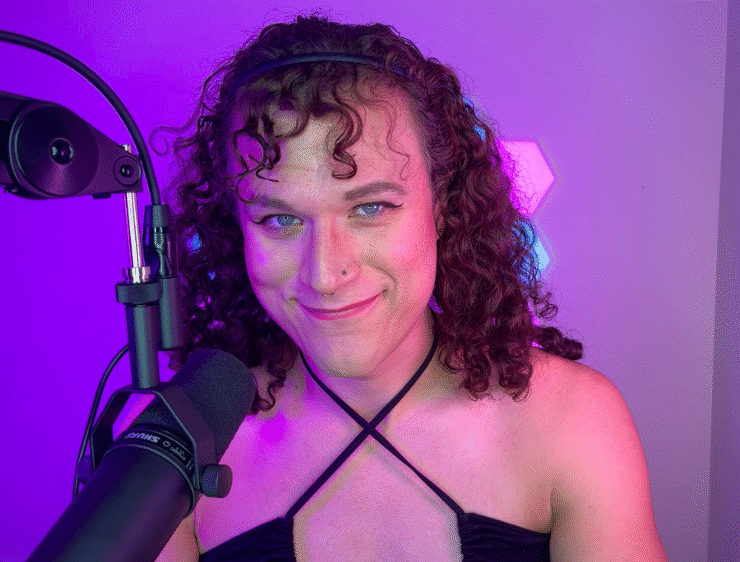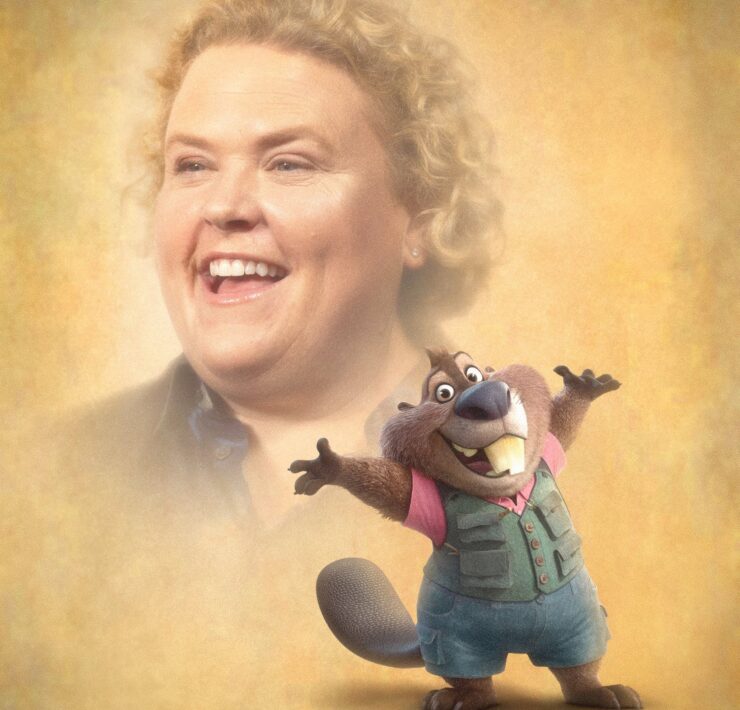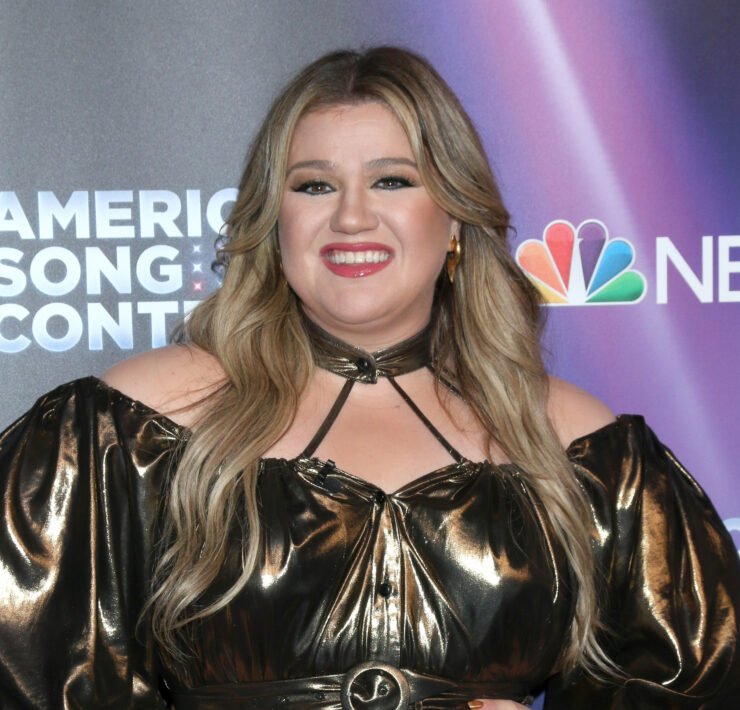Jenny Hagel Talks Comedy and Working In Late-Night Television

Denny Patterson is a St. Louis-based entertainment and lifestyle journalist…
Plain and simple, Jenny Hagel was born for a career in comedy.
The Emmy-nominated TV writer and performer got her start in improv and sketch comedy at The Second City in Chicago, and five years later, she found herself moving to the Big Apple. Currently, Hagel writes and appears on Late Night with Seth Meyers, where she created the hit recurring segment “Jokes Seth Can’t Tell.” Other writing credits include the Golden Globe Awards, Impractical Jokers, and the Big Gay Sketch Show.
In 2020, Hagel became the executive producer and head writer for Peacock’s The Amber Ruffin Show. Ruffin, who is also an integral member of Late Night, first met Hagel years ago while also performing with The Second City. Not only do the pair make an excellent comedy team, but they are proud to call each other best friends.
OFM sat down with Hagel to talk more about her career, working in late-night television, and being nominated for a GLAAD Award for her work addressing LGBTQ issues on Late Night.
I would like to begin by talking about The Amber Ruffin Show, which you serve as an executive producer and head writer. How did the idea for this show come to fruition?
It came about because NBC was starting a streaming service called Peacock, and they were taking pitches for shows. We thought Amber had done such an amazing job on Late Night with Seth Meyers as a writer and performer, and audiences were really responding to her, so it just seemed like a natural next step for her. We pitched an idea for a late-night show with her as the host, and they said, “That’s the best idea we’ve ever heard in the history of television.” And here we are!
Sounds like everything fell into place at the right moment!
It most certainly did.

Season Two wrapped up in May. Has the show been renewed for Season Three?
Not yet, but we are hopeful that will come!
Since The Amber Ruffin Show premiered in September 2020, was it difficult to launch a late night series in the middle of the pandemic?
It was. Late-night shows move fast, so a lot of times, I feel like they are only as good as their systems and processes because everything that you do has to happen quickly and release, ideally, very efficiently and seamlessly. We had learned a lot of those processes at Late Night with Seth Meyers, but we learned how to do them all in person. For instance, if I have a script change, I write it on a script and then run over to the script department and hand it to them.
One of the biggest challenges, bigger than developing the voice of the show or any of the content, was figuring out our process of taking an idea from someone’s head, then putting that idea to paper, and then making it to the screen. Most of us are alone in our departments, but in a way, it was kind of great because along the way, some of the things we worked out ended up becoming more efficient than the ways we did things in the past. We discovered new methods of doing things that suited us.
Then the other part was figuring out the voice of the show. Before the pandemic, we would always have a test audience for Late Night. They would come into rehearsal each afternoon, and Seth would try out monologue jokes, or we would do a sketch for them. From that, we would tailor the sketch, maybe cut some jokes, or move stuff around based on the test audience’s response. We didn’t have that at Amber’s show, or a studio audience, so we had to be led by our own gut and taste.
That was scary, but in a way, I think it ended up being a benefit because we were allowed to develop the voice in a way that was true to Amber, as opposed to Amber being filtered through a bunch of other people.
Not only is Amber your writing partner, but you have said she’s your best friend. Can you tell our readers more about how you two initially met?

We met in Denver! We were both performers at The Second City, which decided to have an outpost in Denver in 2005. They’re based in Chicago, so they created a partnership with the Denver Center for the Performing Arts, and we set up a residency in their cabaret space and wrote an original show. Amber and I did not know each other before, so we met there, and we became fast friends. I think that was when we were in our 20s, and we’ve known each other since then.
I love the dynamic chemistry between you two on Late Night with Seth Meyers. What have you taken away from your experience working on that show?
Oh, so many things! First and foremost, Seth is an incredible writer. I feel like most of America knows him as a performer, but he’s also an incredible writer. It has been such an education to watch him read a script and then fine tune it so it’s the best it can be. He’ll cross things out, suggest certain jokes to be replaced by other jokes, and move sections of the script around. Like I said, I feel like it’s been a real education.
Another thing I am taking away from this experience is, I feel like Seth makes it a priority to hire people who are nice and kind, which has led to an amazing work environment. That is something Amber and I tried to replicate when we started her show. We made it a priority to hire people who are not only good at their jobs, but who we want to see all day every day. If I interview two people and one is great at their job and nice, and the other is great at their job but not so nice, I’m going with the nice guy.
I always thought if you get a job that you like, and then the people are also nice, that’s an added bonus. I have never worked in a workplace where that was as big a priority as the work itself, and it’s made an impact on me. I feel like that will always carry forward for the rest of my career if I’m ever in a position to hire people.
Late Night has thrived over the years by becoming more political, offering searing and hilarious commentary on the day’s biggest political news stories, which you have had a hand in. What are you going to do to ensure that the show continues to move forward? This can also be said for The Amber Ruffin Show.
The most I can do is write from an honest place. The news is crazy, and most of it stinks, and what I try to do when I sit down to write something is just think, how do I honestly feel today? Part of that honesty is how I feel based on who I am. I’m experiencing the news not as a comedy writer, but as a human being. I’m queer; I’m Puerto Rican; I’m a lady; I’m a mom—We’re all a million things. I’m also a person who lives in New York City, which was definitely a unique perspective to have in the first couple months of the pandemic.
So, the most I can do in terms of contributing to the voice of Late Night is just to write from my own honest perspective from my little corner of the world, and I think what’s nice about Late Night is, because we have a diverse writers’ room, my take and my corner of the world is different than somebody else’s. It’s different from Amber’s. We are all seeing things through a different lens, and as long as I’m honest about how the world looks to me through my lens, then I feel like I’m contributing something.

Is it as challenging to work in late night television as it may seem?
I think it’s as challenging as any job. It’s fast paced, but so are a lot of jobs. Honestly, it’s really about what your skill set is. It doesn’t seem as hard to me as being a heart surgeon or an astronaut, or a public school teacher, but I think those of us who’ve ended up in late night, it just happens to be the weird little set of skills that God gave us.
Have you always had a passion and desire to work in comedy and entertainment?
Yes, and I’m embarrassed to say so (laughs). I grew up in a very funny family. My parents don’t work in comedy, but both of them are naturally funny. My grandma as well. I grew up in a house where everybody joked around all the time, and I don’t think I understood that was unique until I got out into the world and got to know other people’s families. I just loved jokes and anything I could find on TV that was funny.
Growing up in the Northern Virginia suburbs, there’s not really an entertainment industry there, so I didn’t understand that this was a job that people could have. Then my junior year of college, The Second City national touring company came and performed at my college, and when I saw that and saw people who were kind of close to me in age doing this as a job, my brain exploded. From then on, I was like, I’ve got to figure out how to do that.
Unfortunately, there is a lot of controversy surrounding comedians today. Do you believe there is a so-called war on comedy?
No, I think that’s a made-up thing.
Do you believe that there are some topics that should never be joked about?

No, but I think that every joke lives or dies by its point of view, in addition to how funny it is. If there’s a difficult subject, there’s no reason why you can’t talk about it, but if the way you’re talking about it is to make fun of people who are struggling or who have less access and privilege than you, no one’s going to say you can’t say it, because we are in America, and we have freedom of speech, but the question is, what is it you’re trying to say with your joke? Is it a joke, or is it bullying?
Some jokes are jokes, and some jokes are just mean statements said into a microphone by a comedian. It might just be something very mean that they feel like saying. So, I don’t think there’s a war on comedy. Part of the discussion should be, what’s the object of the joke? What’s the intent? Who is telling it, and who is it about? What’s the relationship between the identity of the person telling it and the identity of the people or person that it’s about that is relevant?
I think the idea that there’s a war on comedy is a great oversimplification, but people need to realize that there’s consequences of your actions. If you want to tell a joke that upsets people, like if you want to tell a joke that makes fun of people who have less privilege and access in this world or in this country, and then people get upset about it, you made the choice to tell it. So, you have to roll with the consequences of the choices that you make in your material.
You were recently nominated for a GLAAD Award for your work addressing LGBTQ issues on Late Night. How meaningful was that for you?
Oh, my gosh, it was such a big deal! I was very, very flattered. I didn’t see a lot of queer people on TV growing up, and the few representations I did see, they were really exaggerated stereotypes. They didn’t feel like real people. Again, there’s not a lot I can do other than just try to be honest and write things from my point of view and be my own little self whenever I’m on camera, but it was meaningful to be recognized for a piece that I felt like was talking about a thing I cared about. I hope that someone else sees it and feels like, oh, there’s another one of me out there.
What are some future goals you hope to achieve with your career?
Great question. I just hope it keeps happening. I want to have a good time, work with cool people, make things that are fun and fun to watch, and do that with people who are fun to be around. As long as that keeps happening, then I’m happy with however it turns out!
Stay up-to-date and connect with Hagel by following her on Twitter @jennyhagel.
Photos courtesy of Jenny Hagel and NBC
What's Your Reaction?
Denny Patterson is a St. Louis-based entertainment and lifestyle journalist who serves as OFM's Celebrity Correspondent. Outside of writing, some of his interests include traveling, binge watching TV shows and movies, reading (books and people!), and spending time with his husband and pets. Denny is also the Senior Lifestyle Writer for South Florida's OutClique Magazine and a contributing writer for Instinct Magazine. Connect with him on Instagram: @dennyp777.



